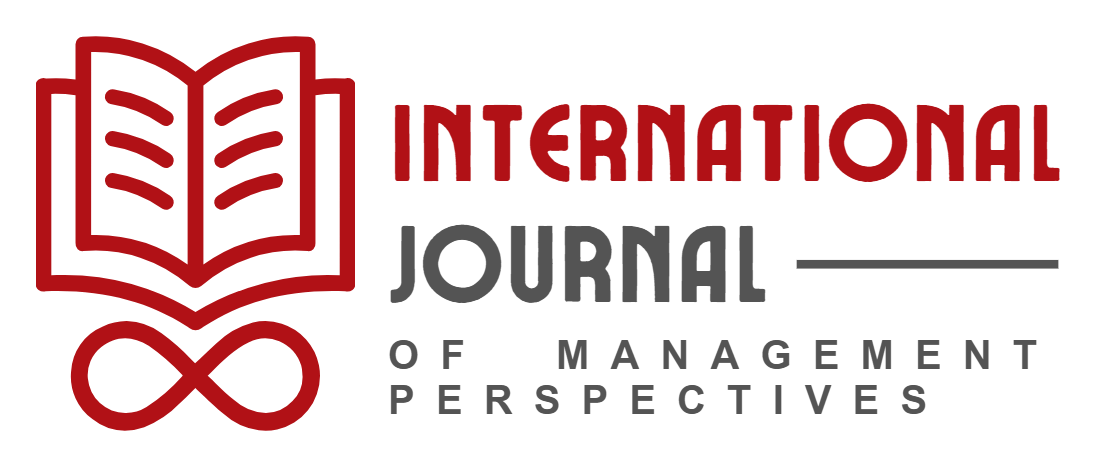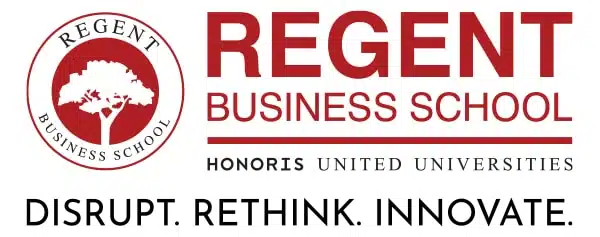by Professor Ahmed Shaikh
Globally the perennial battle to alleviate poverty is an enduring one and in this respect South Africa is no exception. According to Statistics SA almost half of the adult population in our country is living below the upper-bound poverty line. While the battle against poverty has been a difficult one, the recent Covid-19 pandemic has exacerbated the situation, especially in terms of poverty rates, the economy, health, education, and employment prospects.
In addition to the pandemic, the country is also in its worst economic recession in 100 years. South Africa’s unemployment rate rose to 32.6 percent in the first quarter of 2021 from 32.5 percent in the previous period (Trading Economics -2021). Stats SA also confirms the official unemployment rate among youth (15-34 years) was 46.3% in Quarter 1 2021. Millions are at risk of losing their livelihoods.
The combined effects of the pandemic and economic recession may not only present a temporary shock but have lasting implications for poverty rates in South Africa through its effects on people’s health, education, and employment prospects. Actions being taken to combat South African poverty and Covid-19 have proven that, with new options and renewed commitments, there is still much that can be done to alleviate poverty.
Indeed, poverty reduction has become a critical issue for almost all sectors of society. Guided by this new reality, entrepreneurship and innovation, especially through small business development has been touted as a significant part of the solution to poverty reduction. It is now an established fact that entrepreneurship and innovation generate the majority of decent and sustainable jobs and contribute significantly to economic growth, thus enabling a large portion of the population to move out of poverty.
Sadly though, until recently, business education has adopted a theoretical and laissez-faire approach to this proposition and has been lackadaisical in its attitude toward making entrepreneurship and innovation a catalyst for action. In essence business education has paid lip service to the creation of an empowering and inclusive entrepreneurial and innovation ecosystem that can genuinely contribute to job creation, economic growth and poverty alleviation.
To be truly authentic and relevant in a world that is riddled with myriad problems and challenges such as poverty and inequality, the purveyors of business education have to forge inclusive strategic partnerships with all stakeholders, especially local communities that host them.
For example, REGENT BUSINESS SCHOOL (RBS) besides forging close ties with all its stakeholder communities through its business education, research and outreach programmes has held steadfast to its mission and made considerable investments to create an entrepreneurial and innovation ecosystem to support the many facets of small business development for poverty and unemployment alleviation.
As part of this initiative, RBS has established REGENT Enterprise Development Hub (redHUB), an accelerator which has leveraged the institution’s iLeadLABs or national technology hubs and harnessed its academic, research and outreach intellectual property to champion entrepreneurial development. The redHUB’s mission is to provide impactful education, training, and mentorship for aspirant and creative entrepreneurs by nurturing their disruptive and innovative skills using resilient and anti-fragile strategies.
Professor Shaikh is an academic and researcher and managing director of REGENT BUSINESS SCHOOL. He writes in his personal capacity.


